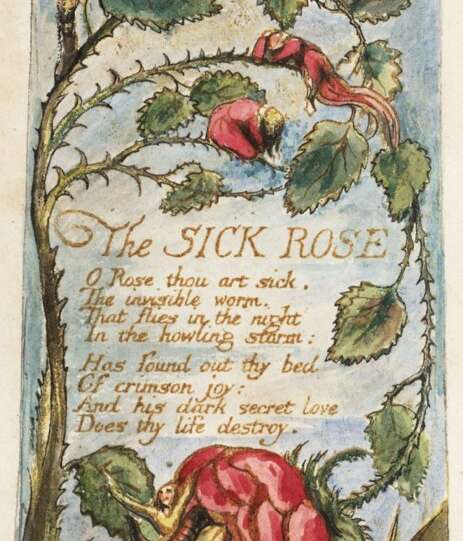
Discuss the tragic theme of the story The Ox by H. E. Bates
H. E. Bates’s story The Ox is no extraordinary tale of the stream of consciousness of a bereaved father, an inexplicable longing of a boy, or a singular yearning of a middle-aged bank manager. This is, on the other hand, all about a straightforward, poor, and unrefined woman, without anything exceptional or conspicuous in her physical features or mental or moral, aesthetic or ethical qualities.
This woman, the heroine of Bates’s story, is Mrs. Thurlow, who lived in a humble residence on a small hill, with her husband and two sons. She was no impulsive, easy-going lady, but an impassive, hardworking woman. She married relatively late to a man who had little sense of duty or responsibility. Her husband, Mr. Thurlow, who had been wounded in a battle, looked upon himself as a martyr, thought himself absolved from all tasks, and had a carefree way of life. Her two sons went to a secondary school, with a new-fledged ambition, but despised their mother’s wretched and miserly living.
Mrs Thurlow had to work, no doubt very hard, for such an irresponsible husband and unkind children. Her life was one of prolonged drudgery, from the very early morning to the late night. Her labor was all hard and menial -to scrub and cleanse floors, to wash and iron clothes, to dig and plant crops, and so on. She worked in four different places, with utmost regularity and diligence, and never deviated from her daily duty. Set to work from 5 O’clock every morning, she went out at half-past seven, pushing her old, big, rusty bicycle, which was heavily loaded with varied articles. She started serving, according to a rigorous routine, one after another: two retired sisters, one retired photographer, a poultry farm, and a middle-aged bachelor, and dragged her bicycle back home at six every evening. But that did not mean the end of her drudgery for the day. She continued to work – washing, cleansing, and ironing for the next day by candlelight and even in the darkness – and went to sleep at eleven at night, when her husband and sons were all fast asleep. In fact, she toiled and struggled all alone from morning till night, with none to bear her pain or give her company or support. In Bates’s brief remark, in her face and body ‘ugly with lumpy angles of bone, she was like a beast of burden’. Her only companion was her bicycle, which was a necessity to her and helped her substantially with her regular drudgery. It was intimately related to her, and she dragged it, just as a beast dragged a cart. She was, so to speak, the ox that drudged and bore the burden with its cart.
Indeed, Mrs. Thurlow was a beast of burden-an ox-not merely in her continuous drudgery but also in the very bearing of her drudgery. She worked steadily and sturdily, with no moan nor murmur. She was thoroughly patient and quiet in her punctual discharge of the heavy yoke of duties. Her placidity of temper had the nature of a dumb, meek creature. Her daily drudgery was an unfailing obligation to her. She took care of her family all on herself, without expecting or seeking any aid or assistance from anyone, save her old, dull, lifeless bicycle. In fact, she was fated to do her work, not to look before and after, and to pine for what was not.
The story’s theme is definitely tragic. But this is for no death, as in The Fly, The Lotus Eater, The Lagoon, or idealistic frustration as in Araby or The Eternal Moment. This is rooted in the profound pang of a selfless and dedicated soul, made to suffer and endure all alone for the sake of those loved most.
Bate’s short story has no extraordinary or psychologically provocative theme. This is all on the common, practical base of life. It is all about human struggle, suffering in silence, and service. It also exposes human unkindness and ingratitude, in utter violation of the sacred ties of love and family relationships. This theme has a message, straight and simple: poetic justice is glaringly absent in the human world, where human selfishness rudely rules and obsesses over goodness, leaving it pained and sorrowful. Bates has evoked here profound sympathy for his too insignificant heroine through his touching theme of an obsession with pain.





